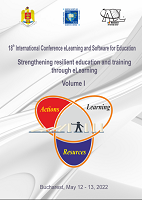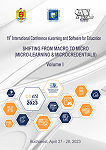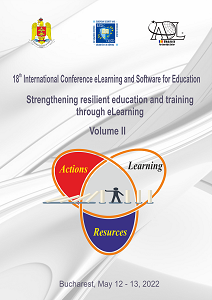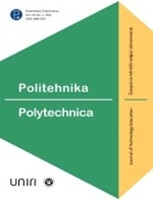
PILOTING GUIDELINES FOR GAMIFIED LEARNING TECHNOLOGY TOWARDS INCLUSIVE EDUCATION
The adoption of a user-oriented systems development approach is essential for creating usable and accessible systems that satisfy users’ emotional, intellectual, and physical needs and requirements. The primary goal of achieving usability and accessibility is to improve the user experience of every individual, irrespective of their unique cognitive, physical, socio-economic, and other characteristics. Accessibility and inclusivity are qualities which should be taken into consideration at the beginning of the system analysis and design phases rather as an adaptation or intervention applied post-implementation. However, when the target audience includes learners with disabilities, socio-economically disadvantaged learners, and their teachers, then involving users throughout the systems development lifecycle becomes a challenging endeavour. Adopting conventional approaches for user evaluation and piloting cannot straightforwardly be employed in such educational contexts. This paper aims to discuss the challenges in setting up and conducting pilots with individuals in these target groups as well as the opportunities that emerge through a systemic piloting approach. Additionally, a set of piloting guidelines is formulated, and a piloting plan is proposed comprising of alternative options for accommodating a range of piloting setups – across target groups and cultural contexts. The proposed piloting approach draws on three strands: raising awareness on accessibility and inclusion; conducting user evaluation; and ensuring scientific and methodological rigour. The proposed approach can in turn inform the design and development of a gamified educational platform for promoting accessibility and inclusivity in education.
More...


